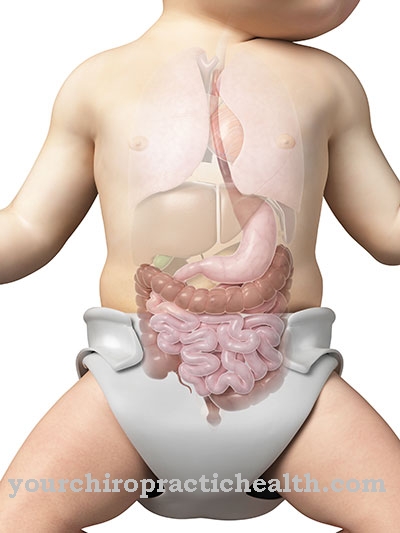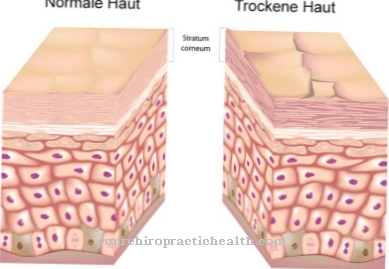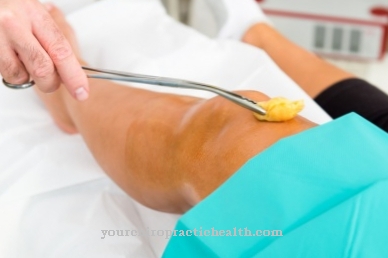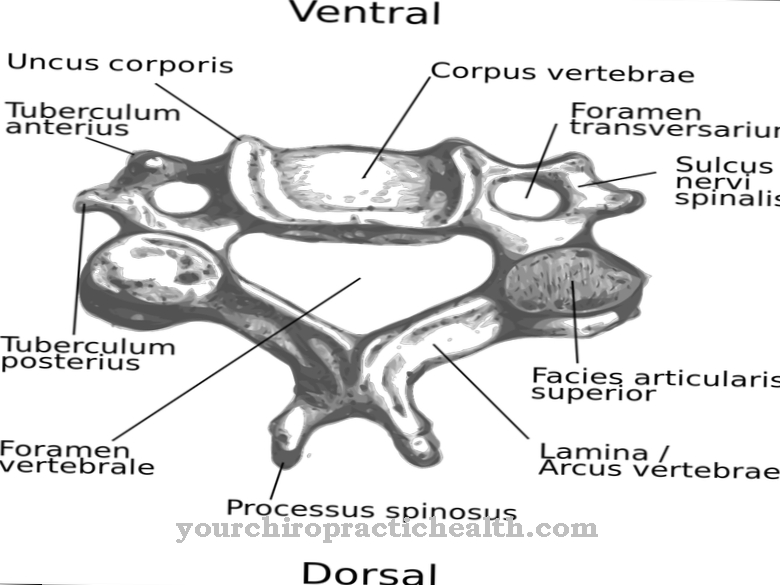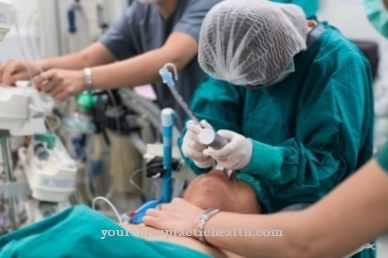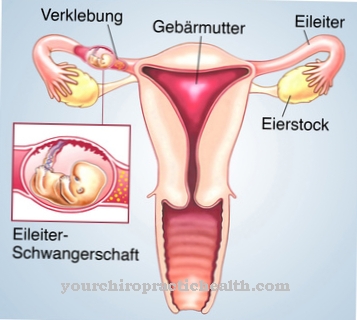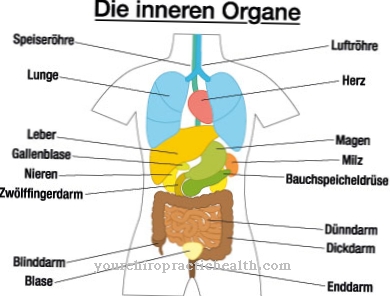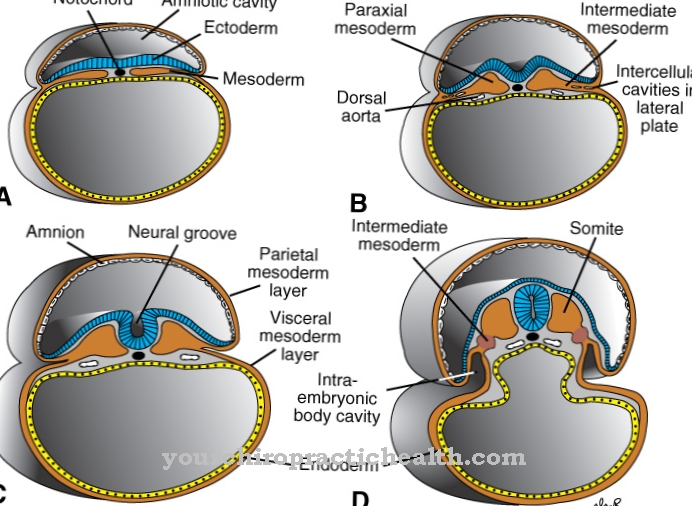Cancer screening refers to a series of examinations that are carried out on healthy people without any particular suspicion in order to detect possible cancer at an early stage and thus increase the chances of recovery. The statutory health insurance companies bear the costs for the gender and age-specific examinations.
What is cancer screening?
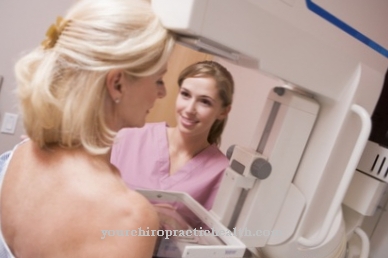
The concept of Cancer screening summarizes different examinations that are carried out preventively. They serve the purpose of discovering any existing cancers before they cause symptoms.
This should significantly increase the chances of recovery. Examinations as part of the early detection of cancer are paid for by the statutory health insurances as standard, as they can help to maintain health and thus also to reduce later high costs. They are based on age and gender and provide that certain areas of the body are thoroughly examined at regular intervals.
For women, early cancer detection begins at the age of 20. If there is a genetic risk for cancer, the examinations can also be carried out earlier and / or at shorter intervals.
Function, effect & goals
The declared aim of Cancer screening is already included in the term itself. The various examinations have the task of discovering cancer diseases that may already be developing but still undetected and thus enabling appropriate therapy before the disease can show symptoms or even spread.
Doctors recommend the preventive medical check-ups because studies have shown that many types of cancer have a better chance of recovery and can be treated more gently if the disease is still in its early stages. Since not all types of cancer cause specific symptoms quickly after their emergence, they are often only recognized late, which can have a negative effect on the further course. Individuals with a genetic predisposition should take special care to attend cancer screening tests.
However, otherwise healthy people are also advised to do so. Women should have their genital organs examined from the age of 20. From the age of 30, a palpation examination of the breast is added. Between the ages of 50 and 70, a mammogram should be performed every two years. Men from the age of 45 have the option of having their prostate examined. Examinations for the early detection of skin cancer and colon cancer can be perceived equally by both sexes. The former is offered from the age of 35, the latter from the age of 50.
The early detection of cancer is fundamentally voluntary, and it is up to the individual to decide whether the examinations are taken or not. The respective family doctor can provide more detailed information about the individual steps and the entire program. For some examinations, such as mammography, people whose age and gender are eligible for preventive care are invited in writing.
Risks & dangers
While many medical professionals and experts clearly state the positive aspects of the Cancer screening emphasize, there are also increasing numbers of opponents of preventive medical check-ups.
Corresponding statistics should prove that only a few of the numerous studies actually have the promised benefit. In addition, this benefit only exists in people who are actually diagnosed with cancer in the early stages. As a result, all others could not benefit from the pension at all. Measures such as mammography or colonoscopy, in particular, are often called into question, as they are rather uncomfortable for those affected and, according to opponents, should therefore only be carried out if they are really appropriate.
Possible misdiagnoses that can arise after examinations as part of early cancer detection are also frequently discussed in this regard. If cancer is incorrectly diagnosed, it can have negative effects on the psyche and the entire life of the person concerned. Such a misdiagnosis or unspecific findings may lead to unnecessary surgical interventions which, in the worst case, can impair the patient's wellbeing (for example impotence or incontinence after an operation on the prostate).
Ultimately, it is always at the discretion of the individual whether and, if so, which examinations for early cancer detection he or she would like to have. Doctors and health insurance companies provide detailed information about the examinations themselves, their benefits and possible risks.

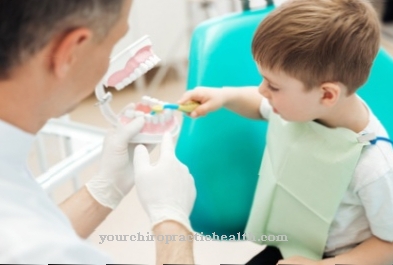




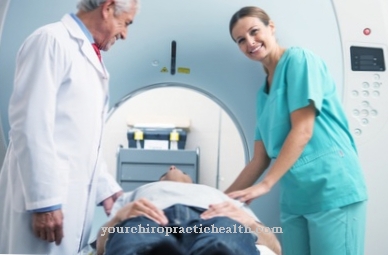







.jpg)

